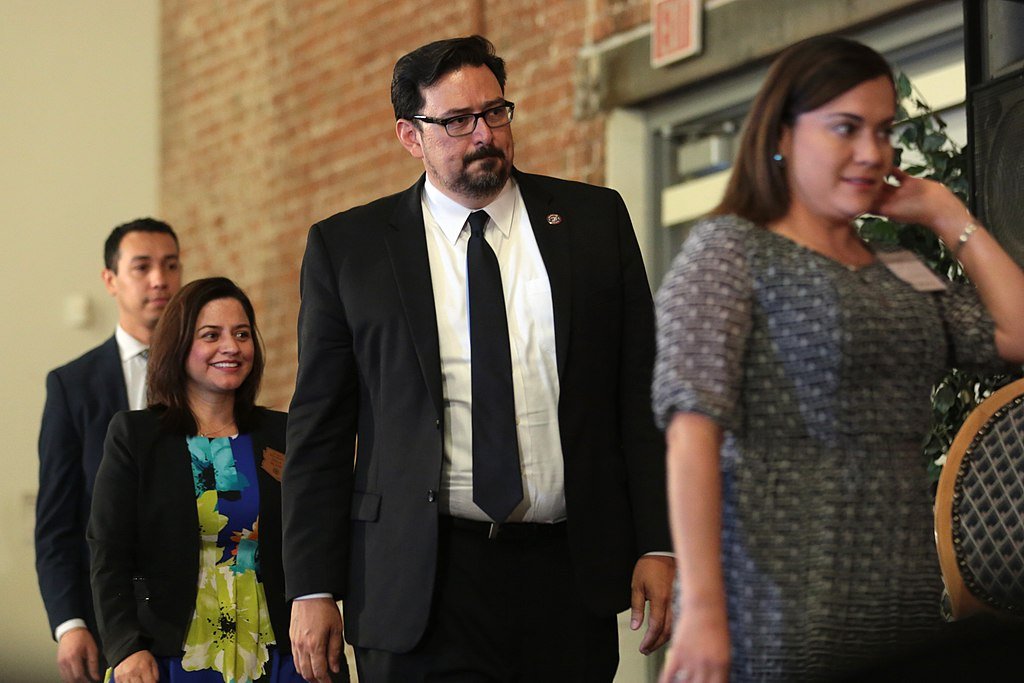Adrian Fontes
Maricopa Superintendent Skips Vote on Fontes v. Cavanaugh Appeal Decision

In a significant move, the Pinal County Board of Supervisors voted on Monday to appeal a recent ruling by a Superior Court judge, which determined the county is in violation of state election law. This decision comes without the participation of Kevin Cavanaugh, who represents Maricopa.
Board Chairman Mike Goodman expressed his belief that the county has adhered to the law, stating, “I still don’t believe that we were in any form or fashion neglecting the law as a county.” The lawsuit, filed by Arizona Secretary of State Adrian Fontes in the case of Fontes v. Cavanaugh, alleges that Pinal County is not complying with a new provision in the state’s 2023 Election Procedures Manual.
This new rule mandates that counties allow voters to cast ballots if they arrive at the wrong precinct, necessitating modifications to voting machine programming to display all ballot styles. Unlike most Arizona counties that utilize a voter center model enabling ballots to be cast anywhere, Pinal County sticks to a traditional precinct model.
Currently, Pinal County voters who find their names missing from a precinct list can submit a provisional ballot. If deemed incorrect, however, that ballot is ultimately rejected. Fontes urged the court for a swift ruling to facilitate the testing of voting machines before mail-in ballots were dispatched.
Following an emergency hearing, the judge ruled that while Pinal County is indeed violating state law, immediate compliance would not be mandated, citing the proximity of the upcoming election.
During a special session on Monday, the Board moved forward with plans to appeal. Goodman reiterated that the county’s election protocol is lawful. “We have the authority to do that,” he asserted, challenging the ruling made on October 4.
Vice Chair Jeffrey McClure remarked on the court’s decision, describing it as “almost a non-decision,” as it did not adequately consider the relevant laws pertaining to polling locations and exceptions for voting centers.
Pinal County Supervisor Jeff Serdy argued against changing systems frequently, referencing the intent of the founding fathers for local control. He asserted, “If it ain’t broke, don’t fix it,” highlighting the efficiency of their current model compared to larger voting centers, which can contribute to long lines and potential disenfranchisement.
Cavanaugh and Supervisor Stephen Q. Miller did not attend the critical meeting, and inquiries regarding their absence and the ongoing lawsuit have been directed to Cavanaugh’s staff. According to one staff member, Cavanaugh has had no involvement in the legal discussions related to the appeal due to a possible conflict of interest.
Both the Secretary of State’s Office and Pinal County’s Board of Supervisors are pursuing an appeal, with officials concerned about the implications of the court’s ruling on the autonomy of counties handling elections. McClure voiced strong opposition, characterizing the ruling as an overreach, stating, “And it has future ramifications for all counties for many other issues.”


















